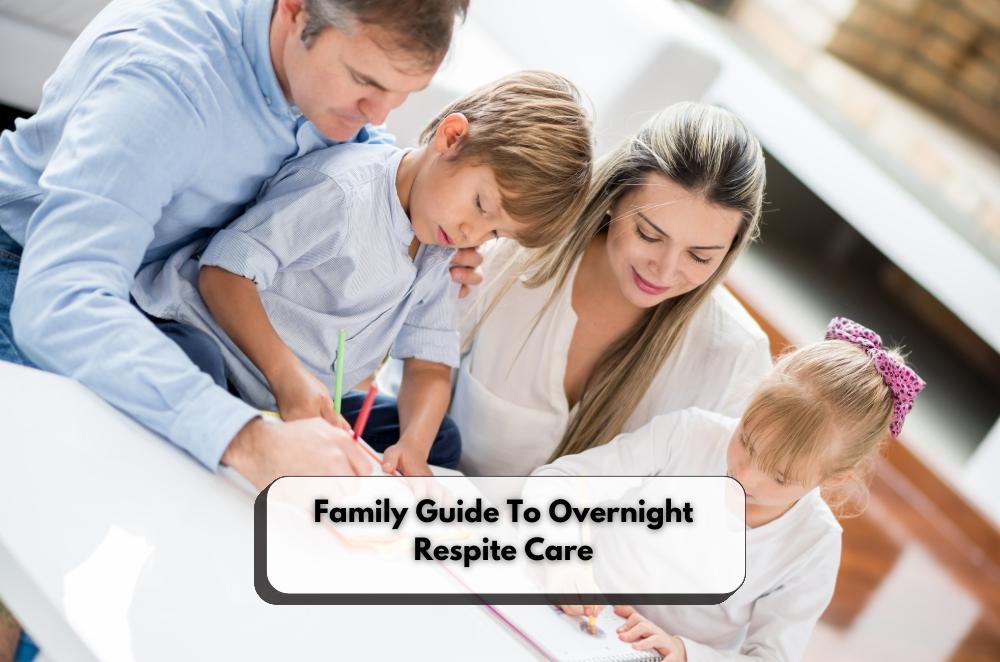Family Guide To Overnight Respite Care

When daily care becomes overwhelming, a night away can help keep everyone steady. Adult overnight respite gives carers breathing room while the person they love rests in a safe, staffed setting. It’s not indulgent; it’s maintenance. For many, it prevents burnout and hospital visits. The options are wider than most realise, from short stays after surgery to regular weekends that reset the household routine. NDIS families can access adult overnight respite options in NSW. That simple sentence changes the calculus: access, structure, dignity. We’ve seen how one good sleep can shift the week with less friction, more patience, fewer spirals. Respite isn’t stepping back. It’s stepping smart.
What is overnight respite for adults?
It’s a temporary, planned stay that covers evenings and mornings, allowing carers to rest. The person receives supervision, personal care, and routines matched to their needs.
Overnight respite can look different for each household. Some book a single night after a tough period; others schedule recurring stays to create dependable breathing space. Supports typically include medication prompts, mobility assistance, and calm bedtime rituals that reduce anxiety. Daylight matters too—consider breakfast, gentle activities, and transport if required. Good services keep communication open, share notes, and follow established care plans. If you’re new to this, start small. One night, see how it lands, then shape a rhythm that suits your family and energy. For a deeper rundown of what’s included, overnight respite care details can help frame the conversation with coordinators.
• Align stays with existing routines
• Share a clear medication list
• Trial one night before booking blocks
How do you choose a safe provider?
Look for qualified staff, a calm environment, and care plans you control. Safety is demonstrated through training, transparency, and predictable routines.
We favour places that invite questions and don’t rush intake. Ask about staff-to-guest ratios overnight and how they manage escalations without turning the night into a bright, noisy ordeal. Rooms should be clean, comfortable, and accessible; bathrooms should be practical. Ask to see sample shift notes. Talk transport—arrivals and morning pick-ups can make or break the experience. Pricing clarity matters as well: which supports are included, which are billed separately, and how public holidays are handled. Think of it as matching temperament as much as logistics; the right fit feels steady, not clinical. Book early for weekends and school holidays—they go first.
• Confirm overnight staffing ratios
• Ask for a sample of daily notes
• Clarify add-on support costs
What’s the bottom line on costs?
Costs vary by support level, length of stay, and holiday loading. Funding can offset much of it if it’s documented and planned.
Budgeting starts with the person’s support needs at night: sleepover, active overnight, or high-intensity supports. Add transport, meals, and community access if they’re part of the stay. Transparent providers price per hour or per night and itemise extras so there are no late surprises. We suggest setting a recurring review—quarterly is plenty—to check whether respite is still hitting the mark. When it does, carers can last longer, and the person being supported maintains more independence. If you’re weighing numbers and need a public reference on local pricing trends of respite cost, it can help frame expectations at the end of your planning process.
- Art
- Causes
- Crafts
- Dance
- Drinks
- Film
- Fitness
- Food
- Spiele
- Gardening
- Health
- Startseite
- Literature
- Music
- Networking
- Andere
- Party
- Religion
- Shopping
- Sports
- Theater
- Wellness




